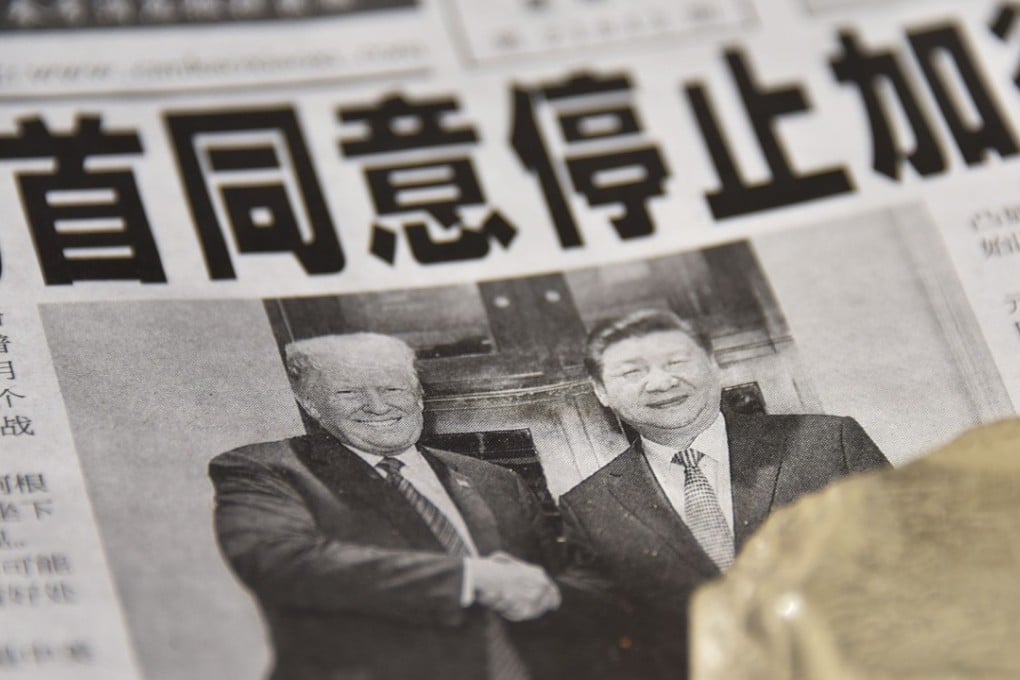China’s dilemma in trade war talks with US: making concessions without looking weak
- Beijing is walking a tightrope around its messaging, aware that concessions could give rise to domestic political problems and cause controversy
- The government is buffeted by the winds of nationalism it kicked up early in the trade war

As the leaders of the world’s two biggest economies sat down to dinner in Buenos Aires on December 1, hopeful of reaching a truce in the months-old trade war, Chinese President Xi Jinping kicked off the talks with a 30-minute monologue, according to American officials there that night.
Yet for several days after the meeting, the world – and especially the Chinese people – had little confirmed knowledge of what Xi had said, or whether his remarks had helped de-escalate the tariff war between China and the United States, a confrontation that had destabilised global markets.
Those few days highlighted China’s dilemma: the need to make concessions while trying not to look weak in the eyes of the world.
While the White House immediately published a list of China’s concessions, ranging from a promise to buy more American goods to agreeing to start addressing the forced transfer of US technology to Chinese joint venture partners, it was not until Wednesday morning that China finally acknowledged that the parties had agreed to a 90-day pause in the trade war.
By that time, the Chinese trade team had returned from the Argentine capital and the Dow Jones index of 30 of the world’s most popular and widely held stocks had plunged in a massive sell-off that stripped away 3.1 per cent of its value amid uncertainty over the results of the bilateral Buenos Aires talks.
The White House had said China would buy a “very substantial amount” of farm, energy, industrial and other products from the US and open talks on the forced transfer of US technology and on intellectual property theft.